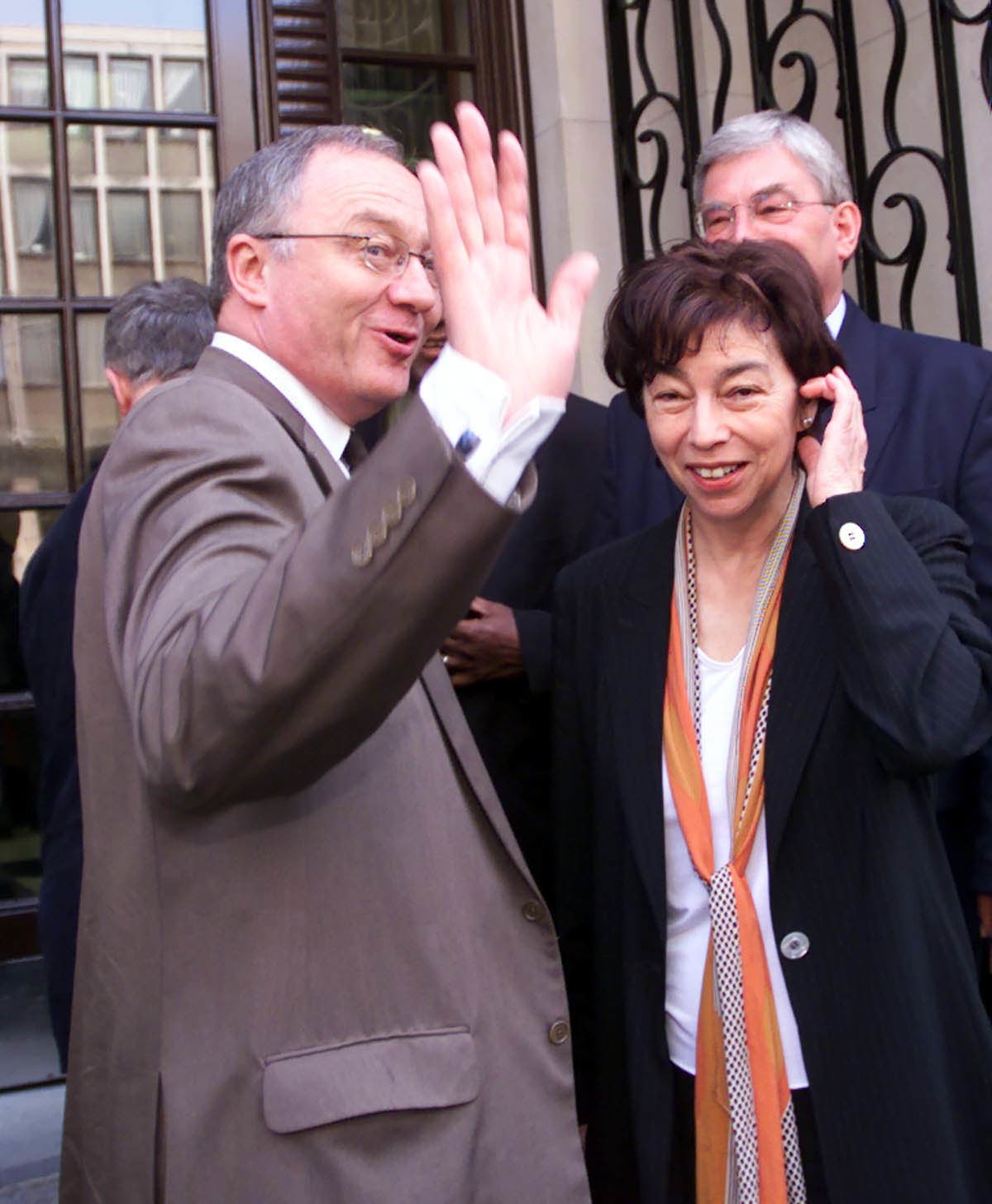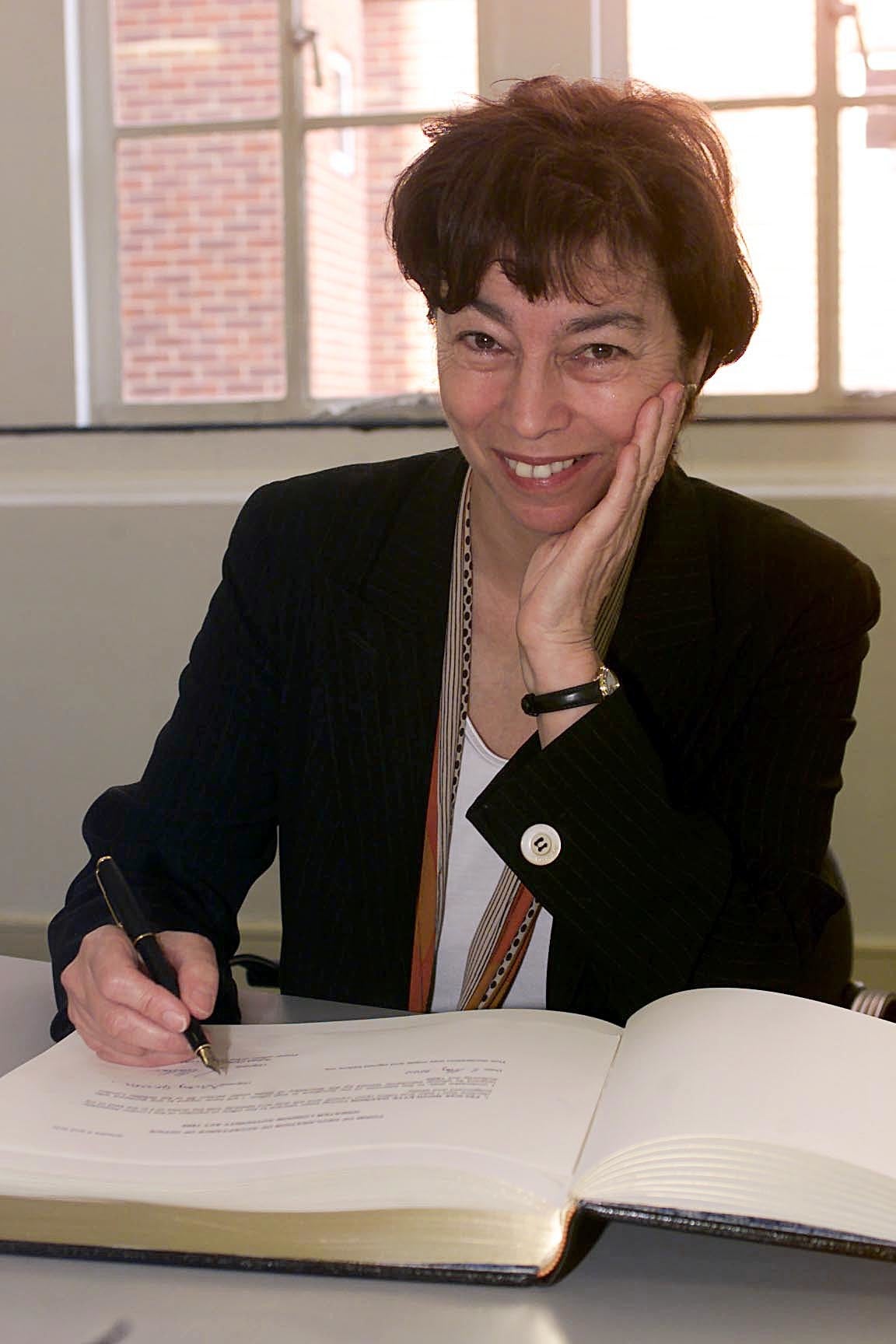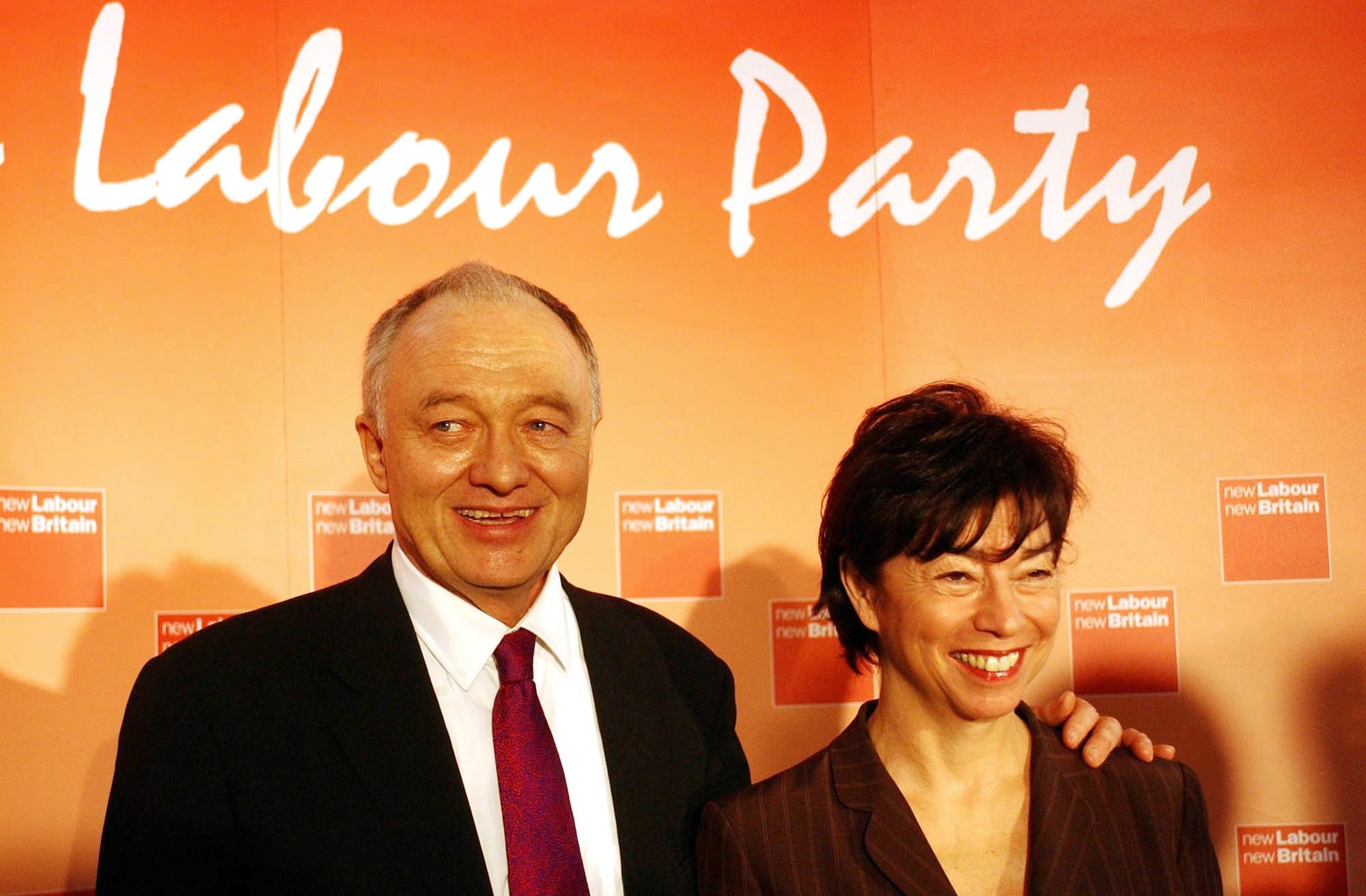The woman whose name you may not know who changed London for the better
Nicky Gavron, who was deputy mayor of London for two terms, should be better known for her work on the congestion charge, housing and climate change, writes John Rentoul


Nicky Gavron, who has died aged 82, was a London Labour leader who generated many of the ideas that made the capital a better place to live – but because she always worked with others, including those from other parties, she did not always get the credit she deserved.
As deputy mayor of London, she acted as a counterbalance to Ken Livingstone and could claim joint authorship of many of the policies, such as the congestion charge, for which he is famous.
Her work on committees behind the scenes developed much of the policy that Livingstone would adopt wholesale when he became mayor in 2000, including the shift in the economic gravity of London from west to east, and the densification of housing that allowed the city’s population to grow while preserving the green belt.
She served as his deputy for most of his two terms as mayor, acting as his brains trust and bridge-builder, and towards the end of his time in office as a brake on his offensive comments about Jewish people. However, there was a hiatus in the middle. In 2003, she was selected as the Labour candidate against him, but she stood aside when Livingstone struck a deal with Tony Blair that allowed him to rejoin Labour and stand as the party’s official candidate for his second term.
It was typical of her that she accepted this setback for the good of the party and for the good of London, and agreed to resume her role as deputy mayor.
Nicolette Coates was born in Worcester in 1941, and raised by a German Jewish mother who had fled Nazi Berlin as a teenager. She went to a girls’ grammar school, before moving to London to study art history at the Courtauld Institute under Anthony Blunt. She became a lecturer at the Camberwell School of Art in south London, and married Bob Gavron, a widower with two young sons. At the age of 25, Gavron found herself the mother of Simon, seven, and Jeremy, four.
“I put my career on hold because I wanted to do a good job on Bob’s kids and he wanted a lot of support at home while he was running his business,” she said. They went on to have two daughters together, Jessica and Sarah, so her political career did not start until she was in her forties.
She spoke about how she entered politics when she accepted the New Londoner Award two years ago. “I didn’t set out to be a career politician,” she said. “In fact, I spent my twenties and thirties setting up community and arts projects, alongside teaching, and bringing up four children.

“It was the Archway Road that made me a politician. I lived right by it, the A1, when it was blighted by the threat of road widening. It was the eastern arm of the highly contentious plan to redesign inner London to accommodate the car. Motorways were to be carved through residential areas. It took 19 years of campaigning to stop it. It was fought and won in what became my ward.
“For me, it was a formative learning experience. The penny dropped. There was a vast suppressed demand for road space and London needed progressive transport policies.”
She realised that instead of predicting and providing for the demand for road space, enlightened urban planning meant managing that demand and balancing it against people’s other needs. It was a realisation that bore the most important fruit in the congestion charge scheme, introduced in 2003 despite some fierce opposition. The scheme was a lasting success, and has been copied around the world.

As a local councillor in the north London borough of Haringey, Gavron became the council’s representative on the London Planning Advisory Committee (LPAC), set up to provide a London-wide overview after the abolition of the Greater London Council by Margaret Thatcher’s government in 1986. She became chair of LPAC and although it was only advisory – it had “rubber teeth”, she said – “we forged a remarkably high level of consensus about London’s needs” by working across parties.
By the time Blair’s Labour government restored London-wide government, she was ready. In an interview to mark the end of her time as deputy mayor, after Livingstone was defeated by Boris Johnson in 2008, she said: “I gave him a set of policies right from the beginning. Ken sees the big picture; he seizes an idea and runs with it. He used to come into my room and say, ‘Gimme another good idea, Nicky, I’ll get all the credit.’”
Gavron was the epitome of the idea that you get more done if you don’t care who gets the credit. She was always Labour, but she was always prepared to work with anybody to achieve shared goals. She once chaired a forum that she described as a gathering of “the great and the good”, and was asked which of those she was. She said: “I’m the ‘and’!”
Many of the tributes on her death speak of her open and collaborative approach to politics. “Her service to our city was immeasurable, as a councillor, deputy mayor and assembly member,” said Sadiq Khan, the current mayor. “To me, she was not just a kind and generous friend, but also a teacher and a mentor.”

Yvette Cooper, the home secretary, said: “Nicky was the most wonderful, generous, sparkly and determined person. A driving force on issues from low-carbon homes to tackling violence against women and girls. A great Labour campaigner; a kind, caring friend.”
Andrew Boff, the Conservative chair of the London Assembly, testified to her cross-party approach: “Nicky was strong enough to fight for what she believed in and brave enough to change her mind when the evidence demanded it. A huge loss to London. I will miss her greatly.”
One of her lasting legacies is an organisation called C40, a network of cities around the world committed to halving the use of fossil fuels this decade. She had “the idea that if nation-states were key to international climate agreements, a lot of the implementation and innovation would happen at the city level and so we needed a climate organisation for cities”, according to Mark Watts, its executive director.
“Nicky was tenacious, determined, enquiring, always open to new ideas and a true climate action pioneer,” Watts said.
She and Bob Gavron divorced in 1987; he died in 2015. She is survived by her daughters Jessica and Sarah, stepson Jeremy, godson Cato and 10 grandchildren.




Join our commenting forum
Join thought-provoking conversations, follow other Independent readers and see their replies
Comments